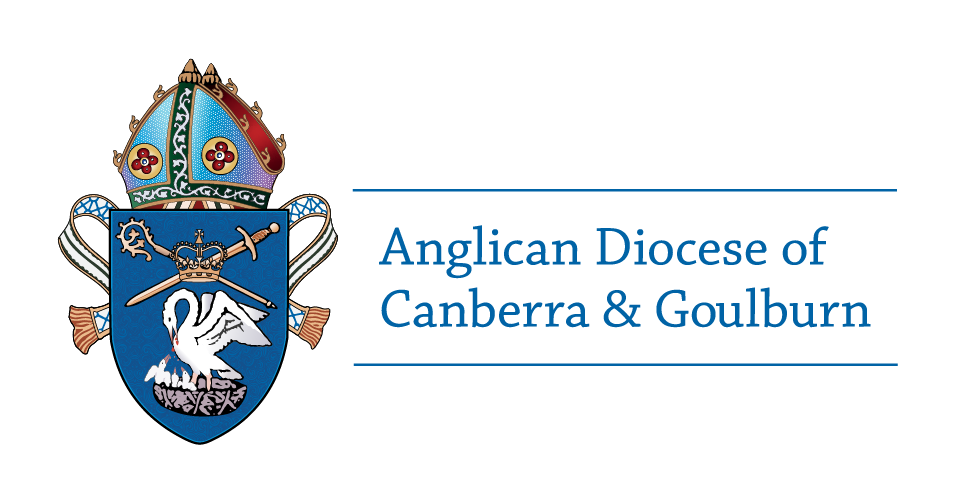Towards net zero carbon emissions by 2040
Vision & Scope
Our action plan seeks to demonstrate our commitment to the fifth mark of mission to strive to safeguard the integrity of creation and sustain and renew the life of the earth.
2040 Vision
Our Diocesan action plan seeks to demonstrate our commitment to the fifth mark of mission to strive to safeguard the integrity of creation and sustain and renew the life of the earth.
We envisage a future where the churches, schools and other buildings across the Diocese will continue to be places of welcome and engagement, brightness and warmth as we seek to engage our world with the love and truth of Jesus. They will be increasingly powered by renewable energy and utilise low or zero carbon technologies for lighting and heating.
We aim to see a reduction in energy consumption across our Diocesan footprint with an associated increase in onsite renewable energy generation. Travel will be by low emission means with an increasing shift towards using electric and other no-emission vehicles. Emissions reduction and sustainability reporting will be embedded in our annual reports. Carbon emissions will reduce year on year, with appropriate verified offset schemes utilised where required.
In conjunction with this, we strive to be water wise and continue to work towards protecting and enhancing the natural environment and biodiversity that surrounds our churches, church property, schools, educational facilities and other buildings, which provide unique ecosystems and habitat for bird and animal life.
Furthermore, as demonstrated following the 2019-20 ‘Black Summer’ bushfires, COVID-19 pandemic, ACT hailstorm and flood events in NSW, the church and its wider networks have a vital role to play in our local communities providing spiritual and practical care and support to those impacted. Similarly, there are significant opportunities for the church to play a critical role in supporting and enhancing climate resilience across our communities; through building community connections (i.e. with other local community and First Nations groups).
To help in achieving our vision and based on the outcomes of the survey, the following priority areas known as CARE have been identified to help us achieve our Net Zero by 2040 target.
C
Communicate
Care for Creation
In alignment with the fifth mark of mission, as a Diocese we will communicate across our networks on the theological and moral imperatives of Caring for Creation and advocate for those impacted by climate change. In addition to the Action Plan, relevant policies will be reviewed and updated to reflect this commitment. Easy to use tools and resources will be made available via the Diocesan website so that everyone has access to information, to support and enable this.
A
Assess &
Analyse
As a Diocese we will commit to assessing carbon emissions on a regular basis and analysing the steps, across the different parts of our operations, that we need to take to respond to the issue of climate change and reduce emissions as we work together to transition to a net zero carbon future. This will ensure our decisions are data driven, focussed and transparent.
R
Report &
Reduce
Across our Diocese we will report annually to Synod on sustainability and environmental initiatives and emission reduction and ensure this is embedded into our reporting requirements. We will commit to taking actions to reduce our emissions, supporting the transition to climate wise initiatives and only offsetting as a last resort, as we aim to achieve the net zero by 2040 target and manage the associated risks.
E
Engage &
Encourage
We will collaborate and engage across our Diocesan networks and local communities to utilise opportunities to share hope, build connections, share Christ’s Gospel message and grow new disciples, increase knowledge, support sustainability and environmental initiatives and boost climate resilience and adaptation as the world moves towards a climate wise, net zero emissions, future.

Scope
In scope of target by 2030
SCOPE 1
Reduction of direct emissions from electric and gas heating/cooling, lighting and other appliances used in churches, church halls and other buildings, housing, offices, schools and agencies. Business travel in church/agency/school owned/leased petrol/diesel/LPG vehicles.
In scope of target by 2030
SCOPE 2
Reduction of indirect emissions from purchased electricity & gas for use at facility level (parish, school & ELC, agency).
In scope of target by 2035
SCOPE 3
Reduction of indirect emissions from business travel in non-owned transport (e.g. flights).
Not in Scope
Commuting in private vehicles or on public transport.
All staff family lifestyles.
Church members emissions.
Emissions that the Diocese has little influence eg. production and transportation of purchased materials goods and services etc.
Tookit Resources
01
Parishes & Ministry Units
A roadmap with tools and resources for our Parishes & Ministry Units to kickstart the journey towards a greener, more resilient future.
02
Schools & ELCs
A guided journey with essential tools and resources to achieve a greener, more sustainable future for our schools and future generations.
Get in Touch for Climate Action
Contact Us
If you have any questions about our climate change action plan or need further assistance, please don’t hesitate to reach out. We are here to support our parishes, schools, and agencies in implementing effective carbon reduction measures.
Contact us using the form below or through the provided contact details.




